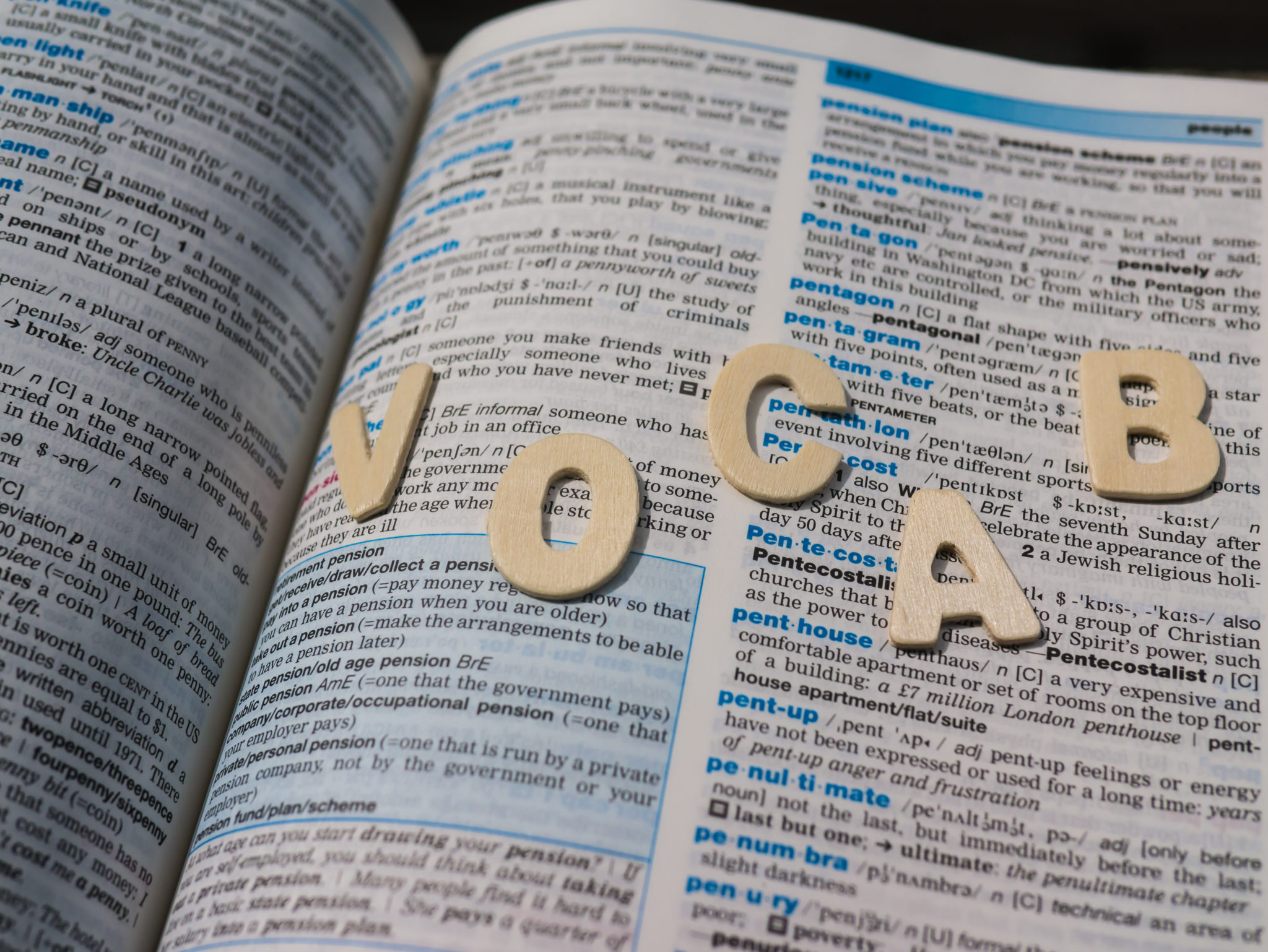Remembering New Vocabulary: The Science of Memory
A bad memory is one of the top excuses most people give for not learning another language. However, it is undeniable that lots of English learners with average memories manage to learn thousands of new words in a school year. But how do they do that? Well, improving your memory is easier than it sounds! All it takes is trying out new techniques or making some adjustments in your lifestyle. Here are some of the best tips and tricks to help boost your memory…
Chunk it
Chunking is a mnemonic device that can make large amounts of information more memorable. The good news? You are probably used to it! When you learn or you say a phone number, chances are you chunk the numbers. For example, you say something like ‘630 – 250 – 6300’ rather than ‘6302506300’. So, by grouping information into smaller sets, you help your brain to remember it much more easily. To put this into practice, you could group new words by topic. It’s really hard and challenging to learn and recall 30 new words, but what if you tried to memorise 10 new words about hobbies, 10 about technology and 10 about holidays?
Write it down
You're more likely to remember a word that you write by hand than something that you type. So, put away your laptop or tablet, and say ‘yes’ to handwriting!
- Connect it
What would you do if you had to learn some new words describing people and objects? Well, can you imagine a screaming baby next to a shattered glass? If yes, the words ‘screaming’ and ‘shattered’ will probably become fixed in your memory much more easily. So, just remember: visualisation is a key skill when it comes to memory
- Sing it
You may know that it's a lot easier to remember a catchy song than it is to remember a long string of words; that’s why advertisers often use jingles to make their messages stick in your head! And You probably learnt the alphabet through the ABC song. So, why not follow the same ‘music trick’ again when learning new vocabulary?
- Sleep on It
According to recent research, sleep is the easiest way to boost your memory! If you are sleep-deprived, the brain's neurons become over-connected with so much activity that new memories just can't be saved. So, getting a good night's sleep always helps.
Extra tip: Bear in mind that naps count too. Taking a nap of about 45-60 minutes immediately after learning something new could boost your memory five-fold!
- Digest it
We don't mean to sound like your mother or doctor, but saturated and trans fats are linked to poorer memory. So, say ‘yes’ to a healthy diet and lots of vegetables and fruit… and feed your brain!
- Revise it
When retrieving a memory, our brains always ‘revisit’ the nerve pathways created when the memory was formed. So, repeatedly recalling information helps strengthen those connections, which is why techniques like reviewing our notes or using flashcards help us retain information.
Extra tip: There are many apps that could help you revise information through flashcards, but the act of creating your own cards is a much more powerful learning experience. In any case, don’t forget that learning vocabulary is more complex than memorising a bunch of words. Turning a language into nothing more than a list of words makes learning boring. And if you focus too much on flashcards, you may end up recognising lots of words without knowing how to use them in real life. Which brings us to our last point…
- Use it
The more you use new words, the faster you will remember them. You could build some sentences in your mind or try throwing the words into a conversation when opportunity arises. In any case, you should always be ready to bring your new words out of books and apps and into real-life contexts!
Our final tip: If you want to take English language learning to the next level, try not to translate new vocabulary into your mother tongue. Instead, use synonyms and other words to explain and describe it in English!
How do you study, learn and remember new vocabulary in English? Let us know in the comments below!




Leave a Reply
Your email address will not be published. Required fields are marked